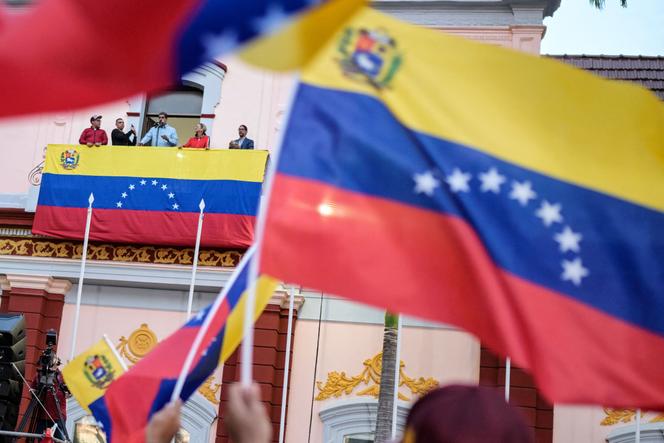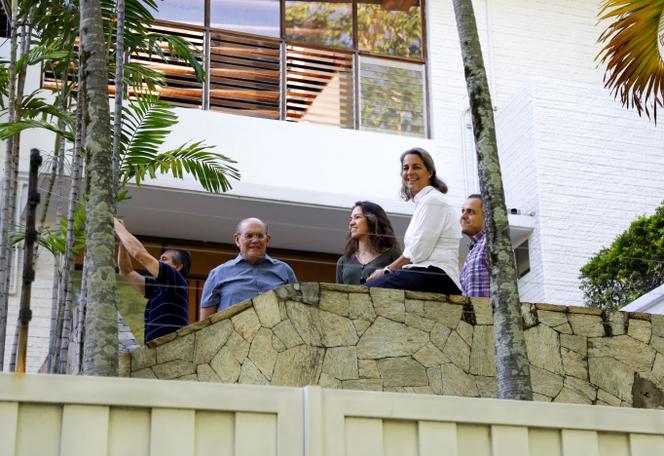


Nicolas Maduro is bringing opposing sides together. Since Thursday, August 1, Brazil – currently led by left-wing president Luiz Inacio Lula da Silva – has been representing the interests of Argentina – currently led by libertarian Javier Milei – and guarding its diplomatic premises in Caracas.
On Monday, July 29, the day after Maduro's disputed declaration of victory in the presidential election, Caracas gave Argentinian diplomats 72 hours to leave the country after Milei had posted "Dictator Maduro, out!!!" on X and called on the Venezuelan armed forces to "defend democracy and the will of the people."
"I greatly appreciate Brazil's willingness to take over the Argentinian embassy in Venezuela," he posted on X on Thursday, without mentioning his Brazilian counterpart by name, but highlighting the "strong and historic bonds of friendship" that unite the two South American countries.
However, in previous months, Milei had described Lula as a "thief," a "corrupt communist" and a "perfectly idiotic dinosaur" and had refused to apologize at the end of June when asked to do so by the Brazilian president. "Since when is it necessary to ask for forgiveness for having told the truth?" Milei responded.
Argentina was not the only country in the Venezuelan foreign ministry's crosshairs: Chile, Costa Rica, Peru, Panama, the Dominican Republic and Uruguay, which had expressed doubts about Maduro's victory and demanded a "complete revision" of the election results reports – which the government had still not published on Thursday evening – were also invited to withdraw their diplomatic personnel, which they have done in recent hours.

But, for Argentina, the evacuation of its embassy has an added dimension: since March 20, it has been home to six Venezuelan opposition figures, all of whom had been members of Maria Corina Machado's campaign committee when she was still a candidate for the presidency – before she was declared ineligible by the Chavist government in January. Caracas has since refused to provide the six opposition figures a safe-conduct to leave the country.
For two days, the urgent task at hand was to find a way of continuing to protect them despite the diplomats' departure. For the time being, Brazil has taken on this task; there may be a later transfer to other embassies, possibly European. "The guarding of diplomatic premises [by Brazil] involves political refugees from the Venezuelan opposition," stated a press release from the Argentinian foreign ministry, which also thanked "the generosity of the Brazilian government."
You have 52% of this article left to read. The rest is for subscribers only.
